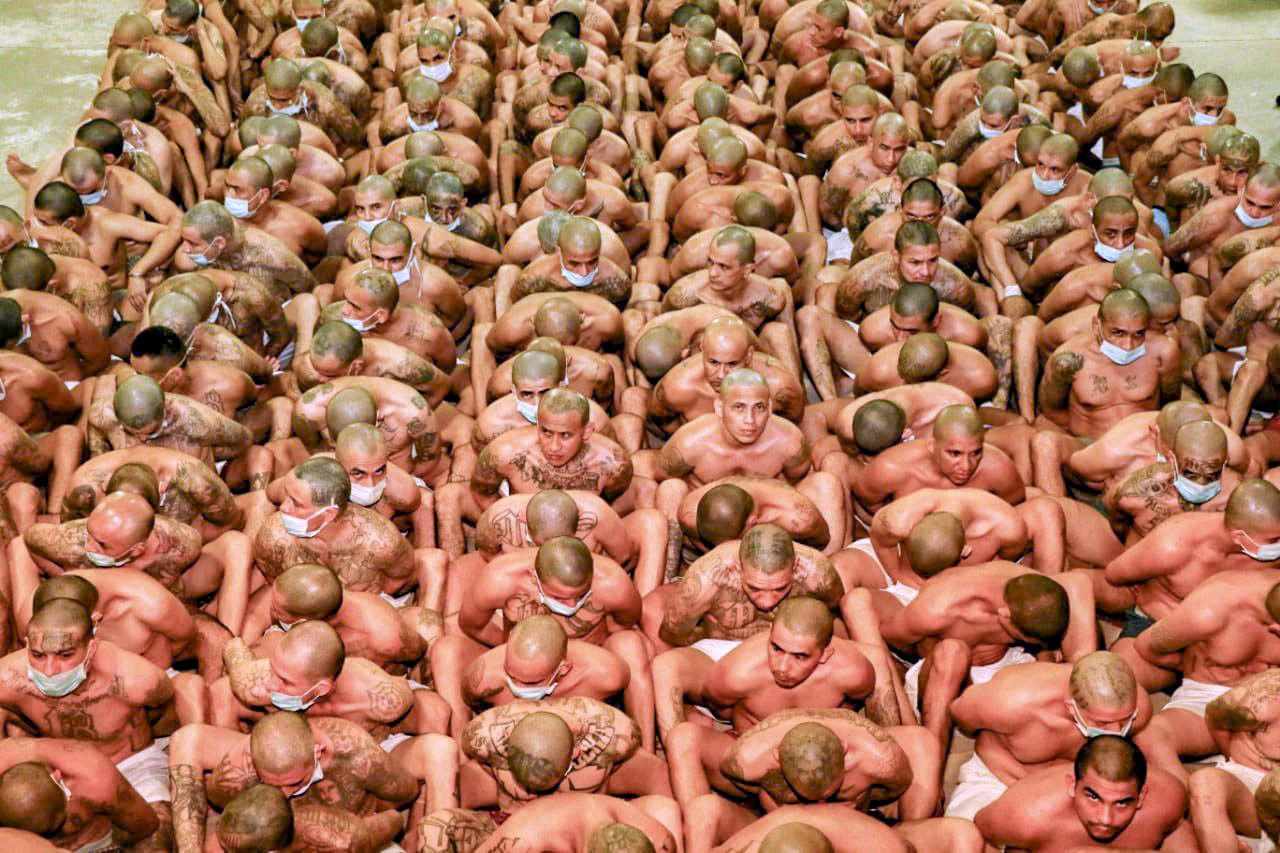July 13, 2020
For years, the tiny Central American country of El Salvador, population 6.5 million, has been one of the most dangerous places on earth. In 2015, it held the dubious title of "murder capital of the world" with a homicide rate of 103 people per hundred thousand inhabitants.
Much of that violence comes from powerful transnational gangs, like MS-13 or the 18th Street Gang, which were born in American prisons and came to El Salvador with deportees in the 1990s.
Last year, Salvadorans, tired of the established parties' inability to rein in the mayhem, elected a brash young political maverick to the presidency. Nayib Bukele, a 38-year old entrepreneur and former mayor of the capital city, promised a fresh and pragmatic approach to governing and tackling crime.
In the year since, El Salvador's murder rate has plummeted by an astonishing 60 percent. In May, the government recorded the lowest monthly murder total on record.
Some human rights groups worry about Bukele's authoritarian instincts — in January he briefly sent troops into the opposition-controlled legislature amid a dispute over security budgets. But Salvadorans broadly support his bid to smash the political monopoly of the parties that have run the country since the end of its devastating civil war in 1992. His approval ratings are in the 90s.
Still, there are big questions about the real reason for the dramatic turnaround in crime — and about whether it's sustainable.
Bukele says his crime-fighting success comes from both an iron fist and an outstretched hand. He's boosted law-enforcement budgets, encouraged officers to use lethal force, and cracked down on gang activity in prisons. At the same time, he's invested more in education and sports programs in some of the country's most violent communities. All of this is part of what he calls a "Territorial Control Plan" that focuses on 22 high-crime cities and towns.
But some observers question this narrative. Researchers at the International Crisis Group, for example, found that crime has fallen no faster in the 22 Territorial Control Plan areas than in other parts of the country.
So, what else might be contributing to the crime drop? Crisis Group suggests that tenuous truces among gangs — and informal ceasefires between gangs and the authorities — have contributed to the drop. Government officials deny holding talks with the gangs.
Another explanation is the impact of the coronavirus. Lockdowns, which have been enforced ruthlessly, leave fewer people on the streets, making violent crime less likely. In other parts of Latin America, the world's most violent region, crime rates have also fallen significantly in recent months. Bukele can't claim credit for that.
But none of these reasons — smart policy, shady truces, or a public health crisis — can ensure that reductions in violence will last. Salvadoran gang pacts have fallen apart in the past — most notably in the run-up to the bloodletting of 2015. And coronavirus lockdowns surely aren't a sustainable way to keep streets safe.
Why does this matter beyond El Salvador? Violence in El Salvador not only displaces hundreds of thousands of Salvadorans, it contributes to the massive flows of desperate people fleeing neighboring countries either for Mexico or the US. In 2018, Salvadorans ranked sixth in the world among asylum applications, according to the UN. And people from the so-called "Northern Triangle" of El Salvador, Guatemala and Honduras have for years constituted the largest share of migrants stopped at the southwestern US border.
In other words, figuring out how to solve El Salvador's chronic problem of violence will have effects well beyond the country's borders.
But has Nayib Bukele really done that?More For You
Of all the threats to the world, what are the top 10 most urgent global risks for 2026? On Monday, January 5, at 12 pm ET, join us for a livestream discussion with Ian Bremmer and global experts to discuss the Top Risks of 2025 report from Eurasia Group. This report will mark twenty years of Ian Bremmer’s annual forecast of the political risks that are most likely to play out over the year. Event link: gzeromedia.com/toprisks
Most Popular
- YouTube
Wikipedia cofounder Jimmy Wales explains why a specific page titled “The Gaza Genocide” risks undermining trust with users.
- YouTube
In his latest Quick Take, Ian Bremmer explains a major shift in the Ukraine war: Europe, not the United States, is now driving the strategy.
Chief Superintendent of the police force's National Security Department Steve Li Kwai-wah speaks at the West Kowloon Magistrates' Courts building after the verdict in the national security collusion trial of Jimmy Lai, founder of the now-defunct pro-democracy newspaper Apple Daily, in Hong Kong, China, on December 15, 2025.
REUTERS/Lam Yik
© 2025 GZERO Media. All Rights Reserved | A Eurasia Group media company.
